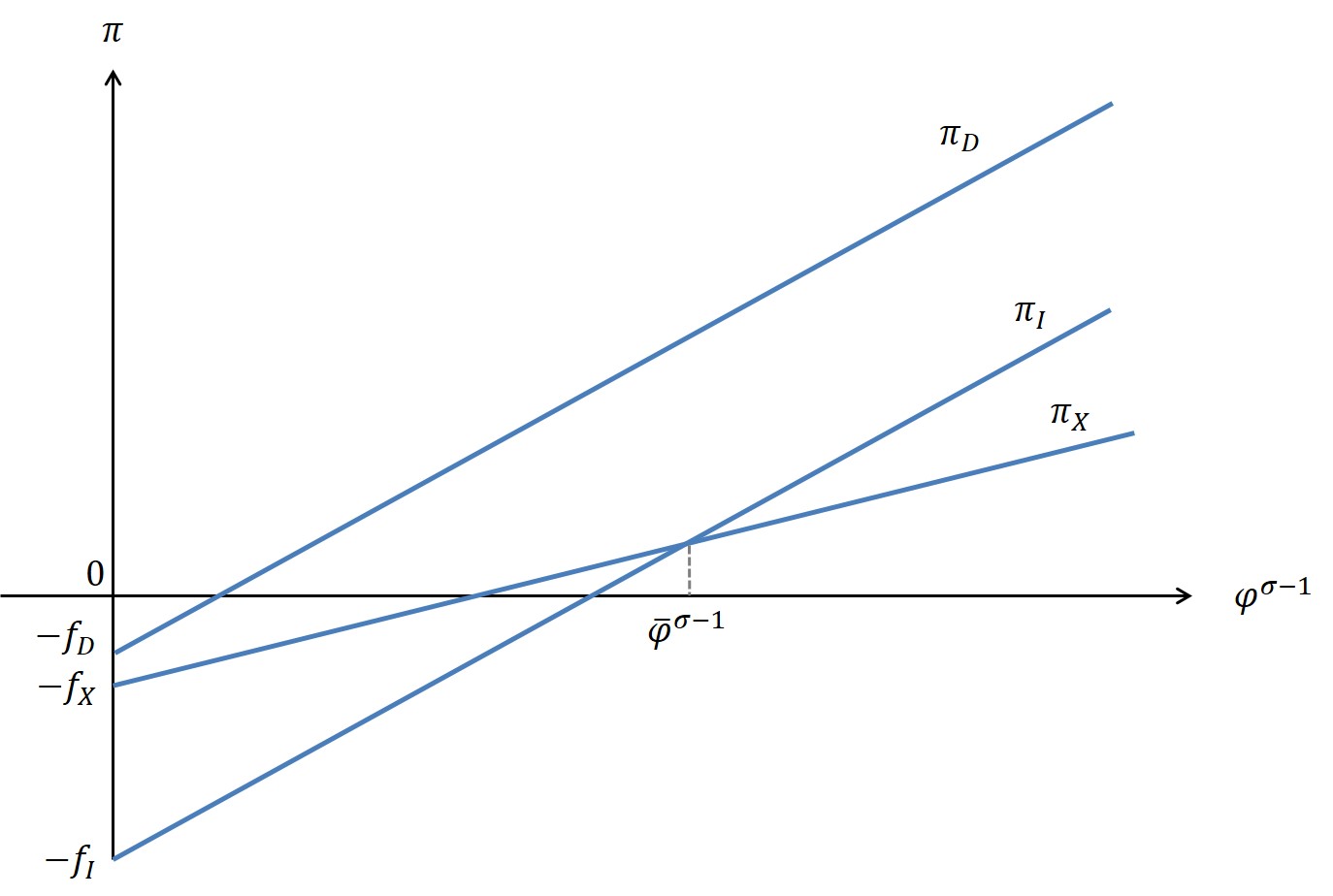- Викладач: Hager Sebastian
- Викладач: Waldinger Fabian
Die Makroökonomie beschäftigt sich mit der Beschreibung gesamtwirtschaftlicher Zusammenhänge und untersucht die wirtschaftliche Entwicklung als Ergebnis des Wechselspiels zwischen verschiedenen Märkten. Ziel dieser Einführung zur Makroökonomie soll dabei sein, ein grundlegendes Verständnis von Gütermärkten, Finanzmärkten, und Arbeitsmärkten sowie dem Außenhandel zu gewinnen.
Dieses grundlegende Verständnis soll es weiterhin erlauben, die qualitativen Auswirkungen von Wirtschaftspolitik – insbesondere Geld- und Fiskalpolitik – auf die Gesamtwirtschaft zu verstehen und zu analysieren.

- Викладач: Buchheim Lukas
- Викладач: Vollmer Leonhard
- Викладач: Bierprigl Agnes
- Викладач: Illing Gerhard
- Викладач: Schwemmer Alexander
Course description The course “Field Experiments” is designed for Bachelor students who are interested in how field experiments, as a research methodology, can help to answer important economic questions. Knowledge in experimental economics is a plus but not a prerequisite. A short introduction into experimental methods will be given in the lecture. The course combines a paper-based lecture discussing recent economic field experiments with an interactive tutorial, in which students discuss a recently published research paper and present design ideas for experiments. The course discusses how incentive structures affect effort provisions, covers questions from labor markets, sheds light on self-control problems and health related issues, and discusses incentives for non-monetary and monetary donations. Further, the course covers recent field experiments in developing countries and shows how field experimentation can be used to study questions from political economy. The tutorial aims at providing skills for the careful design and implementation of field experiments. There will be two blocked tutorials and a team meeting. For the first blocked tutorial, teams of 3-6 students will read a research paper and develop ideas for their own research question. These ideas are then pitched in the first tutroial. For the second blocked tutorial, student teams need to prepare their own original experimental design and pre-analysis plan for a field experiment (which will be discussed before in bilateral team meetings with the lecturer). More information on how the tutorials are structured will be given in the first lecture. The final grade is based on the written (online) exam, BUT: Tutorial presentations, and in particular the development of an own experimental design will help students to be well prepared for the exam. Exam date (Online): July 20, 11.00 - 12.00 General literature
|
- Викладач: Schudy Simeon
- Викладач: Bielefeld Leonie
- Викладач: Cantoni Davide
- Викладач: Chen Hung-Ni
- Викладач: Fricke Lea
- Викладач: Haarmann Matthias
- Викладач: Ho Hoa
- Викладач: Kropp Philipp
- Викладач: Niedermaier Anne
- Викладач: Strandt Helene
Moodle page for the revision tutorials for Econometrics for MSc students, summer semester 2021.
- Викладач: Shanks Brendan
- Викладач: Hauck Tobias
- Викладач: Haufler Andreas
- Викладач: Schwemmer Alexander
- Викладач: Überfuhr Thomas
- Викладач: Brüster Gabriel
- Викладач: Bursy Dominik
- Викладач: Illing Gerhard
- Викладач: Li Manfei
- Викладач: Schramm Alexander
- Викладач: Velten Simon
- Викладач: Weber Lukas
- Викладач: Xie Peicheng
- Викладач: Hager Sebastian
- Викладач: Lindenthal Volker
- Викладач: Braghieri Luca
- Викладач: Eichmeyer Sarah
Course description
Incentives
matter. And naturally, people assume that higher incentives should lead to intended changes in
behavior (for example to higher effort provision or performance). In turn, principals in many different environments use incentives to encourage specific behaviors of agents.
In this seminar we will discuss recent empirical / experimental contributions that study the causal effects of incentives in different environments. We will look at whether and when incentives do (or do not) result in better performance, whether incentives shape team formation, whether incentives can be used in non-production environments, and under which conditions incentives can fire back. Doing so will enable students to have a better understanding of why and when incentives can work but also enable them to learn about state-of-the art methods of causal identification in economic (lab and field) experiments. Thereby, the seminar also contributes to students' ability to judge evidence from scientific studies more generally, and critically reflect on broad causal claims made in scientific studies using observational data.

- Викладач: Schudy Simeon
- Викладач: Kropp Philipp
- Викладач: Lang Matthias
Die Veranstaltung „Multinationale Unternehmen“ vermittelt einen Überblick über den Stand der theoretischen und empirischen Forschung zu multinationalen Unternehmen.
Sie gliedert sich in drei Blöcke, die drei große Fragen behandeln:
- Aus welchen Gründen tätigen Unternehmen Auslandsinvestitionen und werden multinationale Unternehmen?
- Welche Faktoren bestimmen, ob multinationale Unternehmen Produktionsschritte in Tochtergesellschaften durchführen oder an Subunternehmer outsourcen?
- Wie wirkt sich die Investitionstätigkeit multinationaler Unternehmen auf entwickelte Volkswirtschaften und Entwicklungsländer aus?

- Викладач: Gumpert Anna
- Викладач: Wernsdorf Kathrin
- Викладач: Schader Maximilian
- Викладач: Redler Peter
- Викладач: Winter Joachim